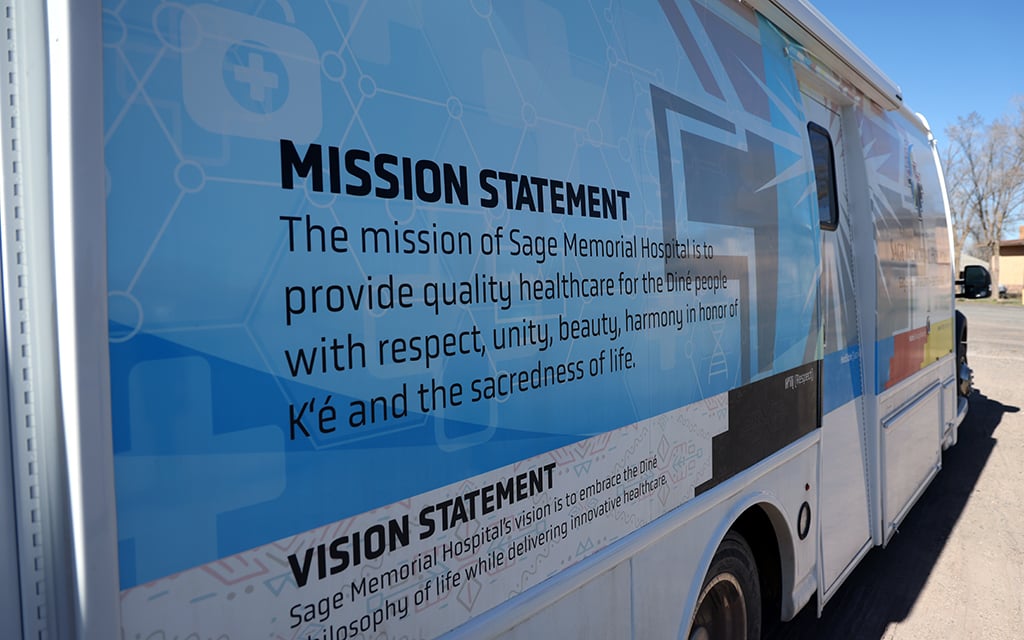Researchers have been studying the effects of light exposure on mental health and have found that exposure to high levels of light at night can increase the risk of developing depression, as well as other psychiatric conditions such as psychosis, bipolar disorder, anxiety, PTSD, and self-harm. On the other hand, exposure to higher levels of light during the day can lower the risk of depression and decrease the likelihood of developing these conditions.
One possible explanation for this link is that exposure to light at night can disrupt the body’s circadian rhythm or internal clock. To help realign this misalignment, experts recommend getting enough light exposure throughout the day by taking a short walk outside in the morning or at lunchtime, setting up a workspace near a window to attract natural light, and avoiding screens at night to minimize blue light exposure.
In cases where natural light is limited during fall and winter months, individuals can use a bright light box at home to get the necessary amount of light. By incorporating these strategies into daily routines, people may be able to improve their mental health by optimizing their exposure to light. A 2022 study also found that excessive blue light led to reduced sleep duration in 33% of participants analyzed. This highlights the importance of managing our light exposure for better mental well-being.


